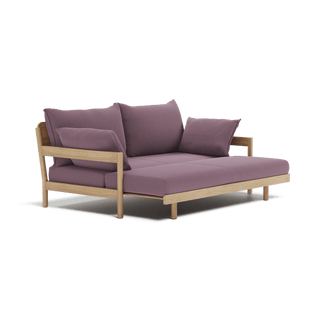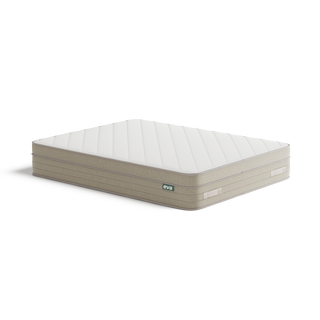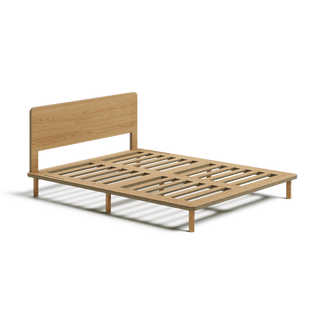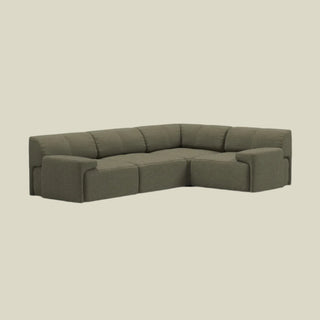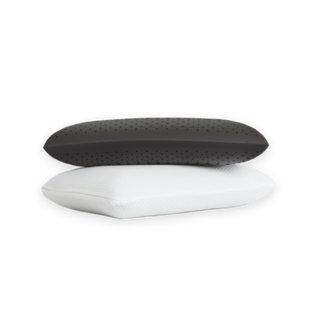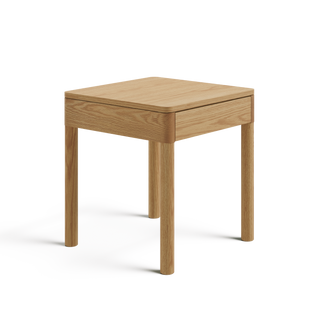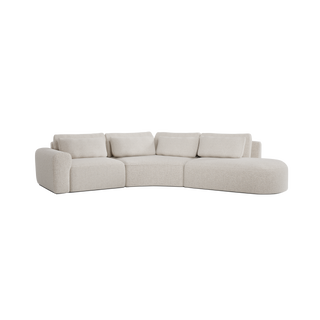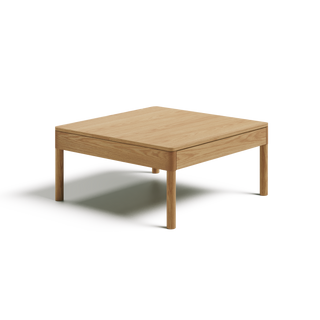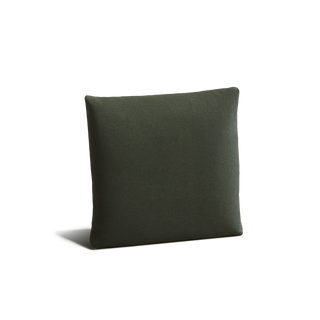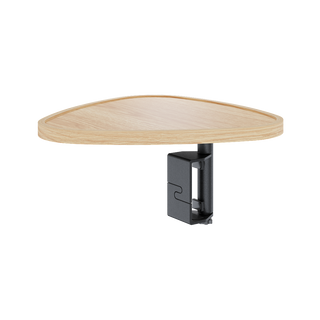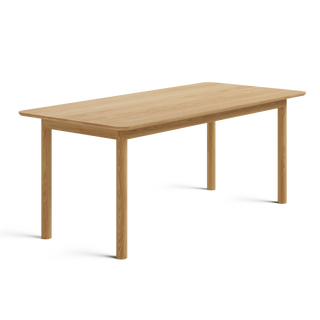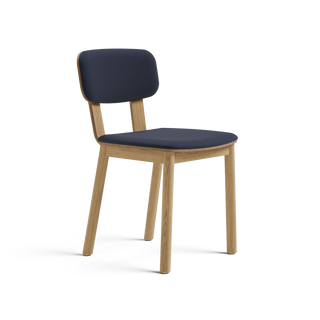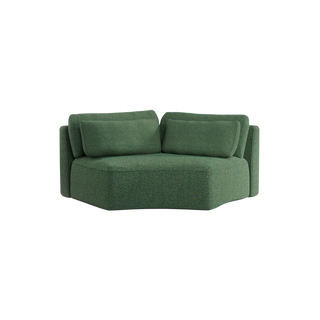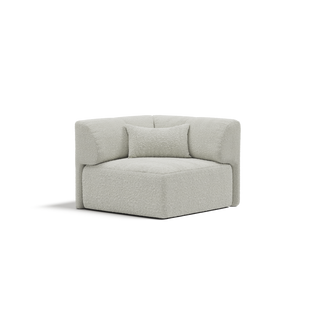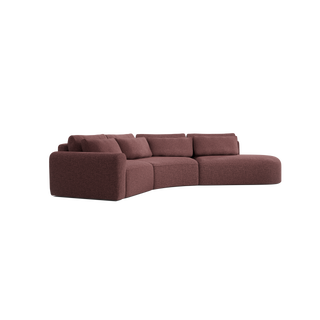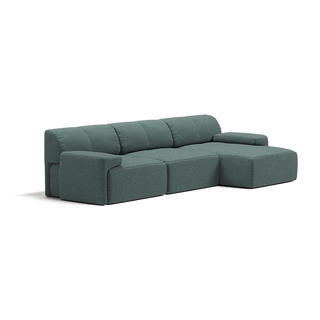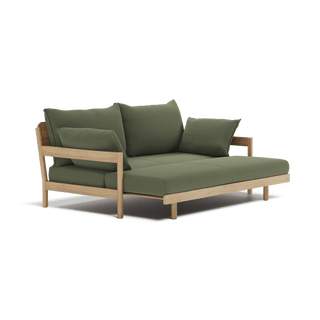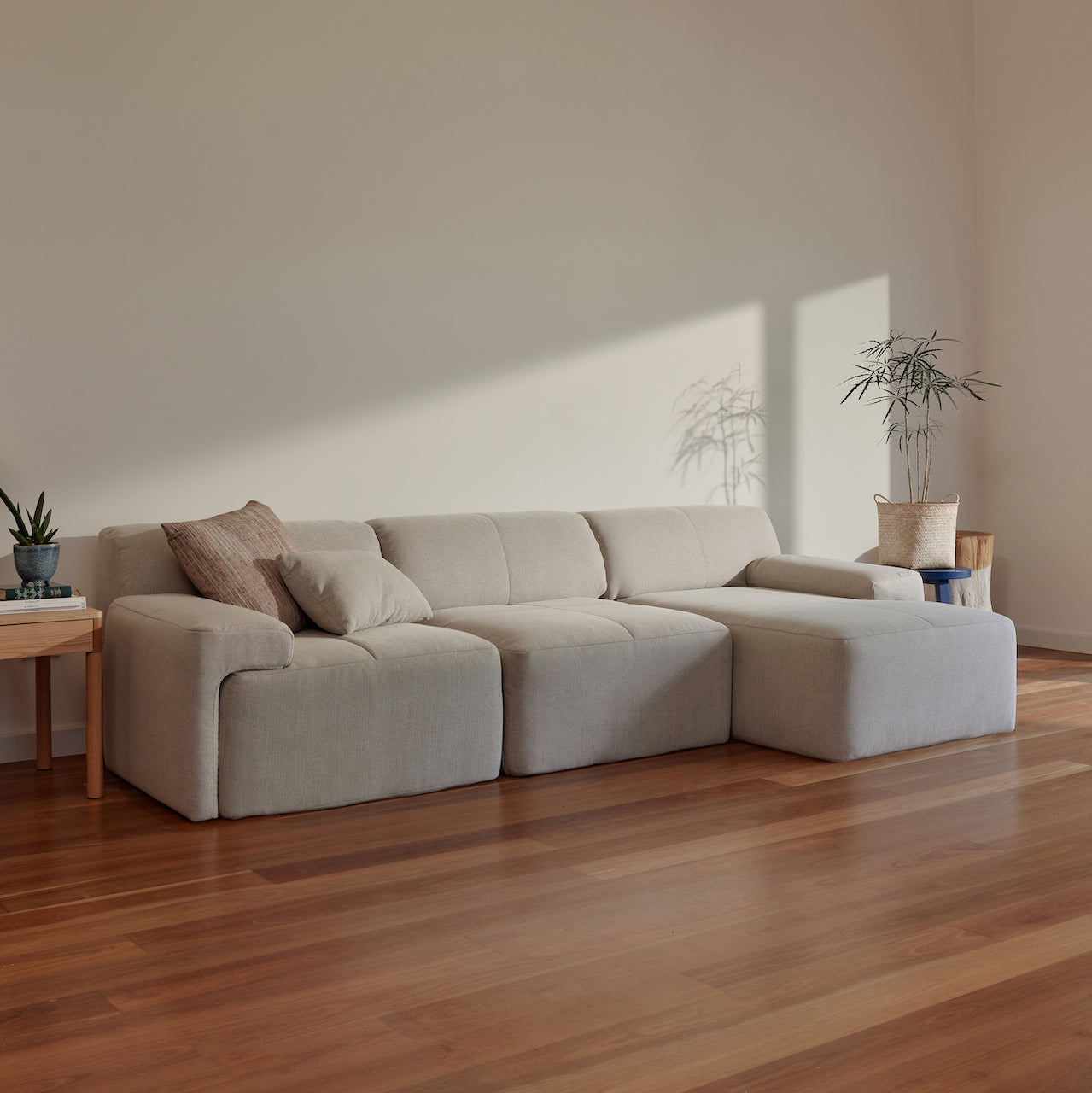Japanese elegance meets Scandinavian minimalism
If you’re a Pinterest fanatic like we are, you’ve probably seen the term Japandi floating around your newsfeed.
As the name subtly suggests, Japandi is the fusion of Japanese elegance and Scandinavian simplicity. Combining the best of both minimalist aesthetics, Japandi is for clean, cosy and perfectly curated living that is just as much practical as it is beautiful.
The elements of Japandi
Traditionally, Japanese design focuses on deep colours, varying textures and natural elements, with Scandinavian design incorporating clean lines, light wooden surfaces and practicality.
In Japanese culture, the term Wabi-Sabi encompasses the execution of design. Wabi-Sabi, meaning the search for beauty in imperfection, is a Japanese concept that provides a pillar for the interior aesthetic. With the use of textured natural elements and clean lines, Japandi inspires a combination of art, nature and simplicity.

Functionality meets form
In both Scandanavian and Japanese curation, functionality is at the forefront of the design process and emphasises the consideration for human needs.
Furniture pieces are both artistic and multipurpose. Ample storage, low to the ground for simple accessibility and a nod to craftsmanship accentuates how simple design creates the most impact.
Though it’s important for individual pieces to perform functionality, the space itself is required to be clean and clutter-free so that you can function too. Be like Marie Kondo, if it doesn’t spark joy, keep it out of your living space. When you step into a space with items that are made with care, made to last and designed to be beautiful, you can’t help but get that feeling of zen.
Bringing Japandi to life
Now that you’re across the design techniques of both Japanese and Scandanavian interior, let’s talk about materials.
The motif to Japandi aesthetic is using natural elements and colour hues to elevate a room. The variation in earthy tones and textures creates the Wabi-Sabi or perfectly imperfect aesthetic.

For furniture, there are many materials to consider, such as:
- Rattan chairs
- Wooden coffee or side tables
- Wicker baskets
- Cane dividers
- Bamboo bookcases
- Woven upholstery
For bedding or textile features, utilising natural fibres or textured materials create an ‘unmade’ feel. Think hemp linen, brushed cotton, muslin or velvet.
Without cluttering your space with too many ornaments, using a variety of mediums for decorative pieces embodies the Japandi aesthetic. For decor, incorporate items like glass vases, clay pots, concrete trays and plants. Lots of plants.

Looking for Japandi inspiration?
The beauty of being a brand that’s inspired by simplistic design is that our furniture can be tailored to suit your interior style. To help you on your quest for interior inspiration, we’ve compiled our favourite ways to incorporate the Japandi style into any living space. Check out our Japandi Pinterest board to get your creative juices flowing and witness this style in all its glory.
